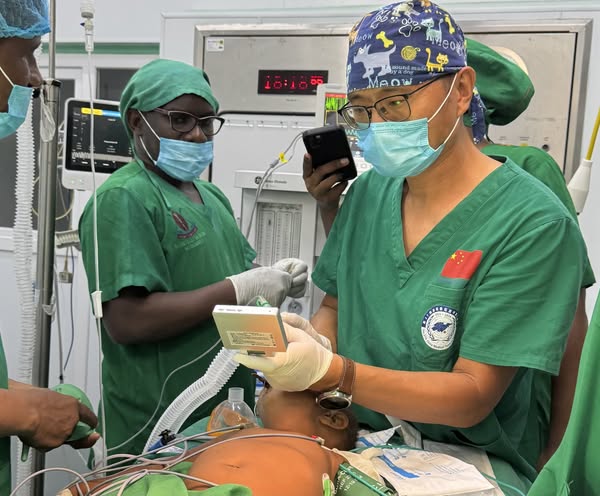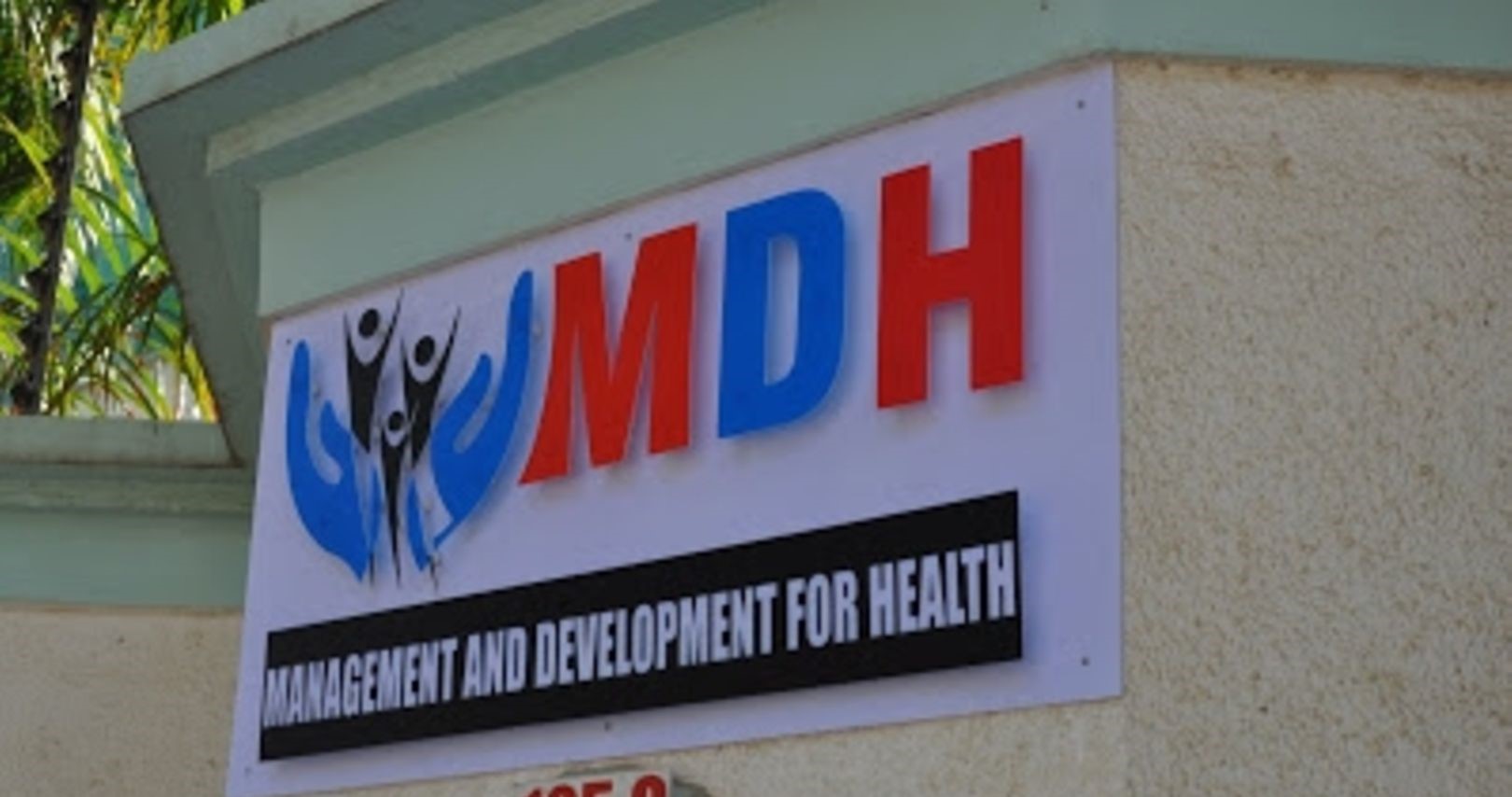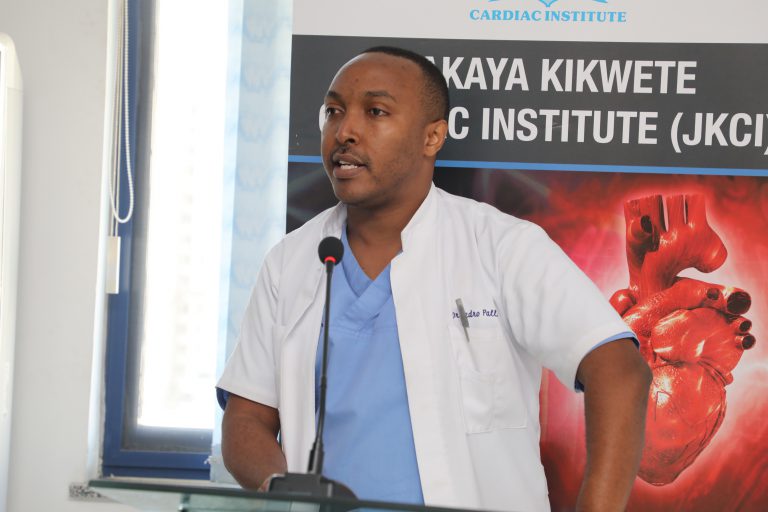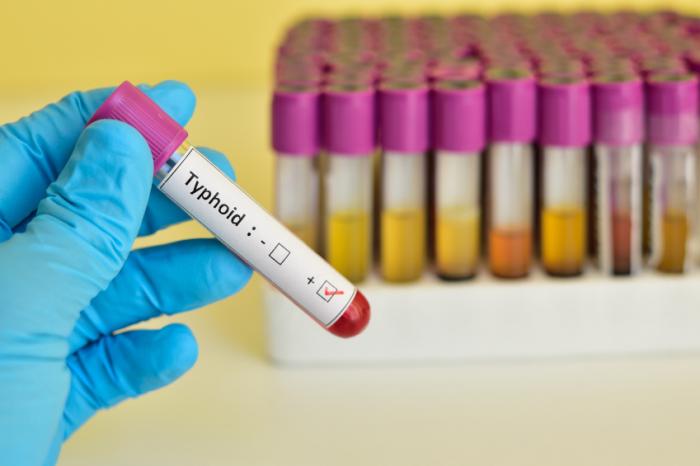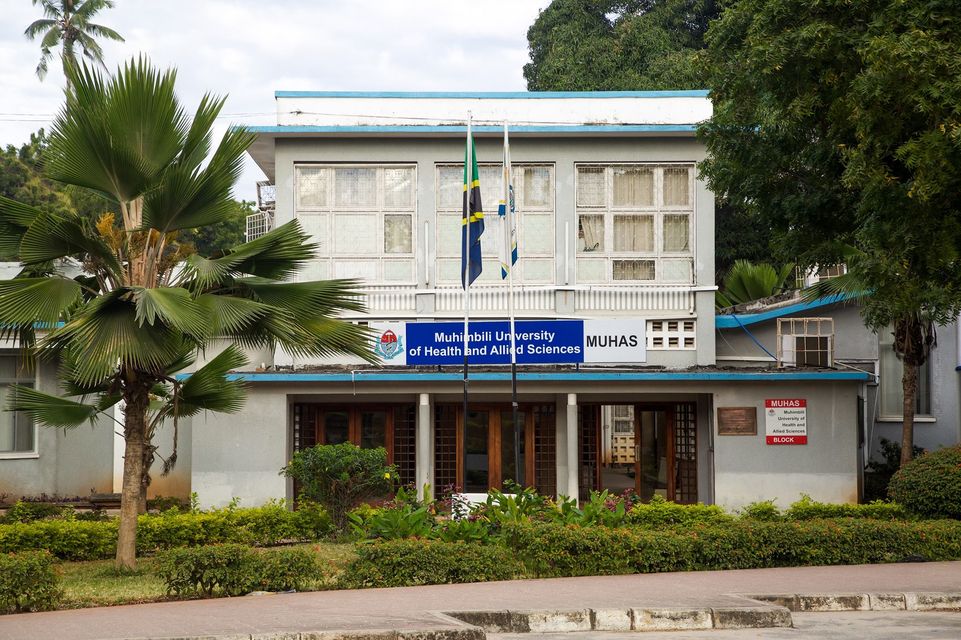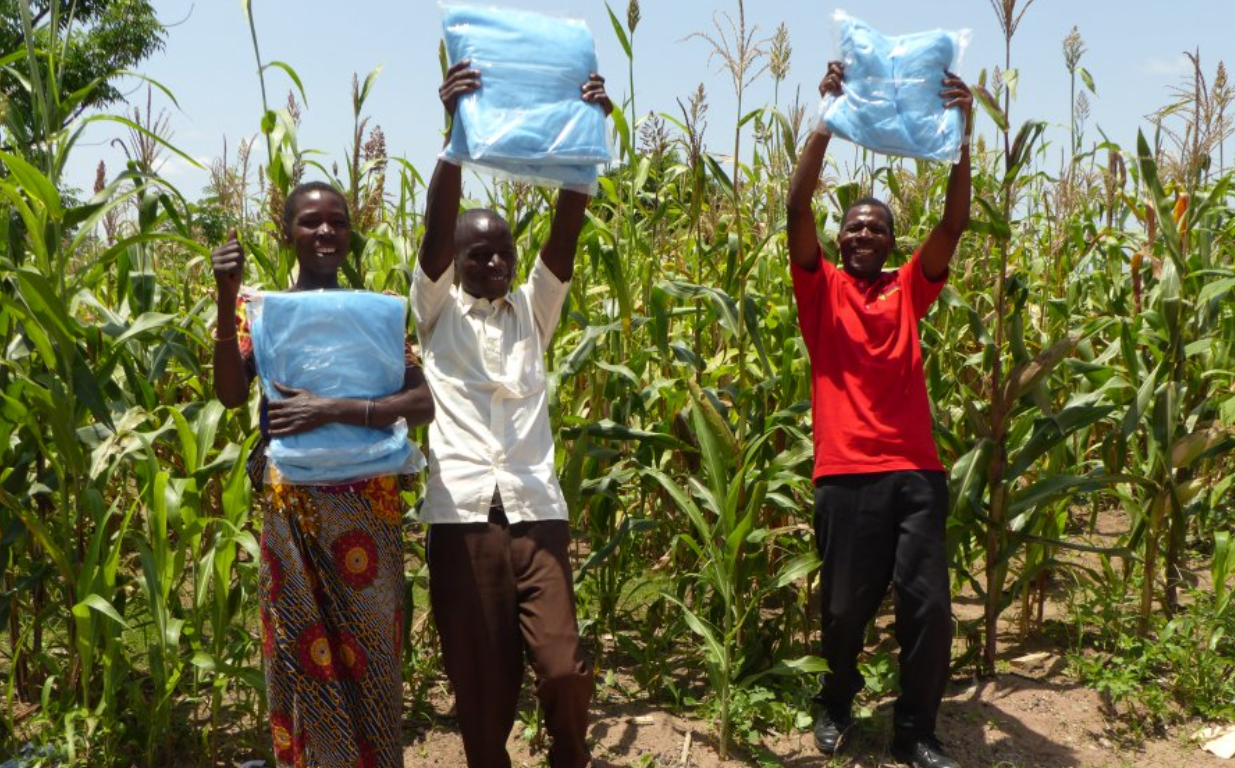- Simpler and effective HIV treatment shows lasting health impact among pregnant women in Dar es-Salaam
- Expert explains how families in another region in Tanzania have benefitted from the intervention
Pregnant women living with HIV who were put on early life-long regimen of antiviral drugs have had lasting health benefits, says a study, raising fresh hopes of eliminating mother-to-child transmission of the virus.
Over eight years ago, the World Health Organisation (WHO) recommended a treatment known as Option B+ for a simpler and more effective prevention of HIV during and beyond pregnancy in low and middle-income countries.
However, research has been scarce on how the treatment affects long-term viral levels in pregnant women with HIV in the countries with a high HIV burden.
Lifelong treatment with anti-retroviral drugs (ARVs) can provide effective protection against progression to more advanced HIV and early death. It can further prevent infection of partners and their future children.
Researchers studying the effectiveness of the Option B+ intervention in Tanzania have found that 90 % of the women who participated in the study had their levels of HIV suppressed up to four years after starting Option B+ care.
According to UNAIDS, 4.8 percent of the Tanzanian population aged between 15 and 49, which is 1.7 million people, live with HIV.
The study, which was conducted in Dar es Salaam – Tanzania’s largest city – included patient data for 10,161 pregnant women with HIV who had begun antiviral treatment on the Option B+ programme to prevent viral transmission to their unborn babies.
At the time of data collection, 5.9 % of the city’s pregnant women starting antenatal care were HIV-positive.
About a third of the study participants had advanced HIV disease, says the study conducted by researchers at Karolinska Institute in Sweden, Muhimbili University of Health and Allied Sciences (MUHAS) and Management and Development for Health (MDH).
The researchers, who published their results in The Lancet HIV measured the level of HIV in the women’s blood to gauge the effectiveness of the antiviral treatment over time. The data was collected between 2014 and 2016, and the women were monitored for up to four years.
The lead author of the study Dr Goodluck Lyatuu from the Department of Global Public Health, Karolinska Institute says that results have also pointed some challenges when it comes to deriving the full long-term benefits of Option B+ for the women.
“…for example, on some sub-groups of women, such as young mothers, mothers who start ante-natal care late during pregnancy and mothers with advanced HIV.”
Commenting on the findings, Dr Ibrahim Simiyu, a Council Project Coordinator at the Elizabeth Glaser Pediatric Aids Foundation (EGPAF) in Manyara, Tanzania said the study has highlighted one of the most important public health interventions that has had impact in reducing paediatric HIV infections.
“…it’s one of the very effective interventions in controlling HIV. When it was rolled out in Morogoro region, it helped reduce mother to child transmission of HIV, even in babies born of mothers with advanced HIV disease as long as they were on ART,’’ says Dr Simiyu.
Reference
Lyatuu. G.W. (2021) Long-term virological outcomes in women who started option B+ care during pregnancy for prevention of mother-to-child transmission of HIV in Dar es Salaam, Tanzania: a cohort study. The Lancet HIV, February 11, 2021

